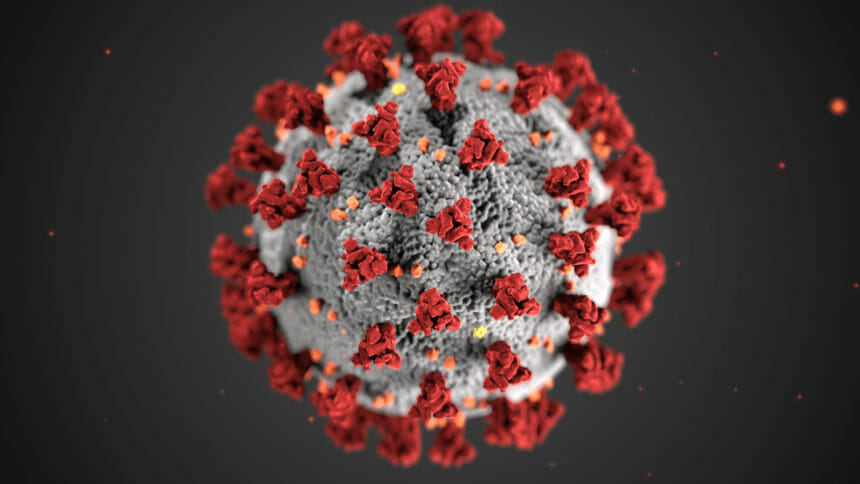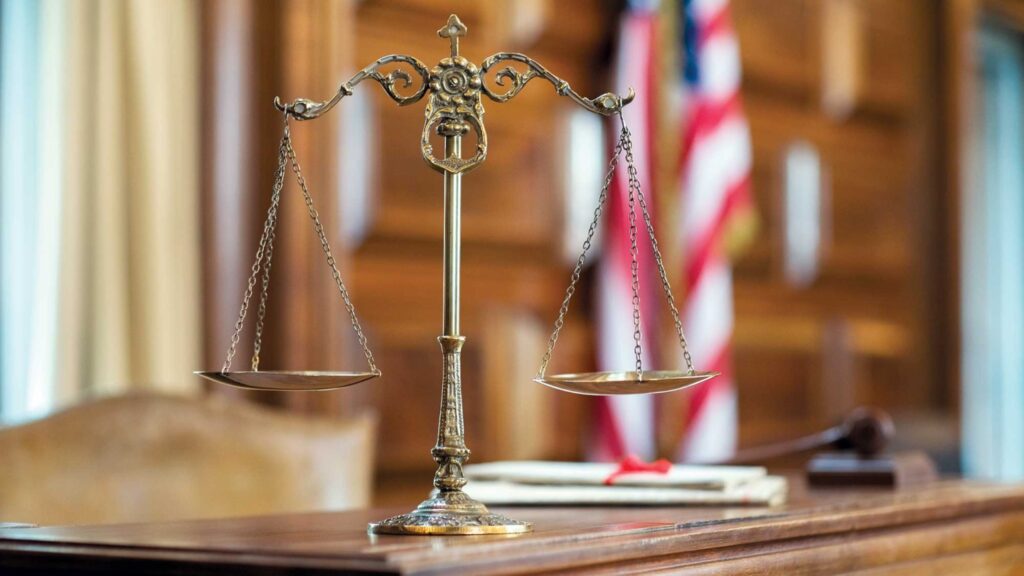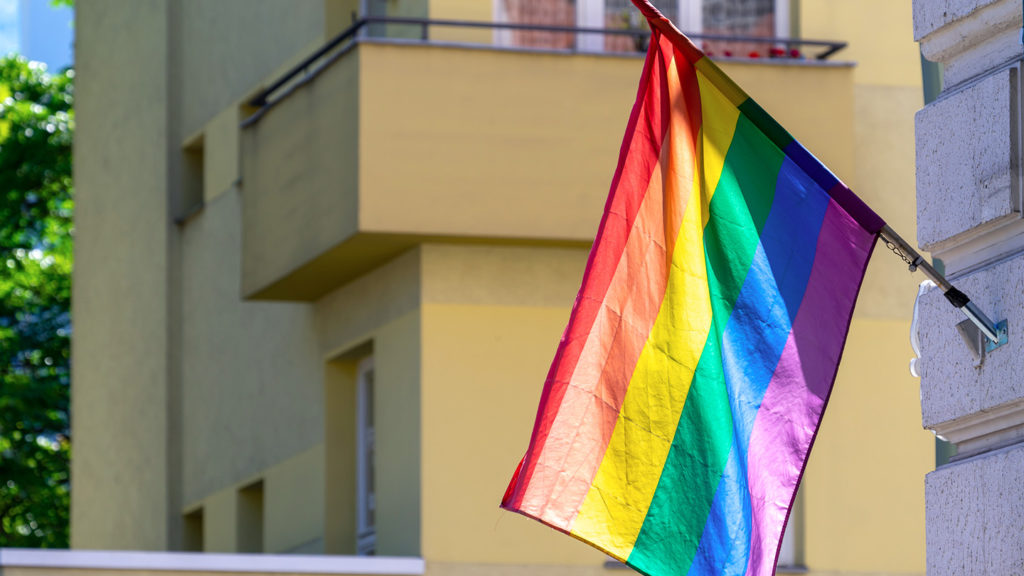
Two Nebraska senior living communities are under quarantine, and two others are not allowing visitors “out of an abundance of caution” after the communities’ operator learned that an employee of one of the communities attended a Feb. 29 event at a local YMCA where another attendee became the first confirmed case of coronavirus 2019 disease (COVID-19) in the Cornhusker State.
Fremont, NE-based MJ Senior Housing said Sunday that its Richmont Terrace assisted living and memory care community and Richmont Village independent community, both of which are in Bellevue, NE, are following quarantine measures because a Richmond Terrace employee attended the YMCA event. The employee was symptom-free as of Saturday, according to the operator.
“Because we do not know how widespread this virus is at this point, we have made the decision to not allow visitors until further notice at two of our other communities: Providence Place of Fremont and Fallbrook in Lincoln,” MJ Senior Housing added in a Facebook post. “We DO NOT have any known connection in either of these communities to the Fremont YMCA event last Saturday. We will re-evaluate the visitation policy after 7 days.”
Two additional MJ Senior Housing communities, Oxbow Living Center, which offers assisted living and memory care in Ashland, NE, and Providence Place, a memory care community in Hastings, NE, are permitting visitors, “but at this time will be limiting all large group activities as well as limiting all non-essential visitors such as entertainers,” the provider said.
The company said it believes the risk to residents is “extremely low.”
In a separate Facebook post on Saturday, the provider said its MJ Communicable Disease Task Force was meeting daily and that MJ Senior Housing would stay in contact with state and local officials.
Tom Frieden, M.D., MPH, director of the Centers for Disease Control and Prevention from 2009 to 2017, on Sunday called for an end to all visits to long-term care facilities across the country. “One thing stands out as the virus spreads throughout the United States: Nursing homes and other long-term care facilities are ground zero,” he wrote in an opinion piece.
Bills support paid sick leave
Meanwhile, on Friday, Sen. Patty Murray (D-WA), ranking member of the Senate Health, Education, Labor, and Pensions Committee, and Rep. Rosa DeLauro (D-CT), chair of the House Appropriations Subcommittee responsible for funding the Departments of Labor, Health and Human Services, and Education, introduced legislation that would require all employers to allow workers to accrue seven days of paid sick leave and to provide an additional 14 days available immediately in the event of any public health emergency, including the current coronavirus crisis.
“The lack of paid sick days could make coronavirus harder to contain in the U.S. compared with other countries that have universal sick leave policies in place,” DeLauro said.
Monday, New York Gov. Andrew Cuomo said he was sending similar legislation to lawmakers in that state so that employees isolated or quarantined as a result of the virus could receive paid sick leave.
New York was reporting the highest number of cases of any states, 142, and Cuomo also announced that the state will provide alcohol-based hand sanitizer to residents free of charge to them to combat “unscrupulous retailers … charging exorbitant prices.” Using prison labor, the state will produce up to 100,000 gallons of hand sanitizer each week in 1.7 oz., 7 oz. and gallon bottles, the governor said.
Coronavirus scams spread
Monday, the Food and Drug Administration and Federal Trade Commission jointly issued warning letters to seven companies reportedly selling fraudulent COVID-19-related products. The FDA said it was the first warning letters the agency had sent for unapproved products marketed as preventing or treating the disease. FTC Chairman Joe Simons said the agency is prepared to take enforcement actions against companies that “continue to market this type of scam.”
That same day, U.S. Sen. Susan Collins (R-ME), chairman of the Senate Special Committee on Aging, warned of an emerging scam that seeks to capitalize on anxiety surrounding the coronavirus. In the scheme, which has been reported to the Aging Committee’s fraud hotline (855-303-9470), criminals claim to be from a U.S. public health agency, and they demand that the victims pay hundreds of dollars to ensure they will be eligible to receive a coronavirus vaccine — even though a vaccine does not currently exist. The perpetrators insist that the victims pay immediately via credit card or else they will be refused treatment in the physician’s office or vaccine clinic.



